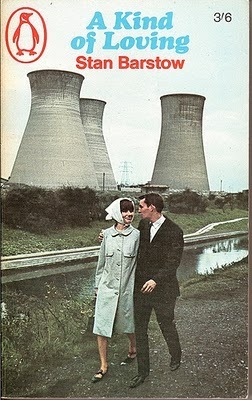What do you think?
Rate this book


272 pages, Paperback
First published January 1, 1960




“The days draw out, the weather gets warmer, and it's what we call summer, with a bitter laugh when we've said it.”
"A wife with as much glamour as an old doormat; house like a pigsty from morning till night with kids bawling and wiping jam and bread on the wallpaper and crapping all over the place. And old Henry's happy on it. And many a bloke with five thousand a year's getting ulcers and worrying himself into the cemetery. It just goes to show."Although I can't say I fully agree with everything that happened, I'm definitely on Vic's side and can see he's a decent bloke trying his best. What more could anyone ask?